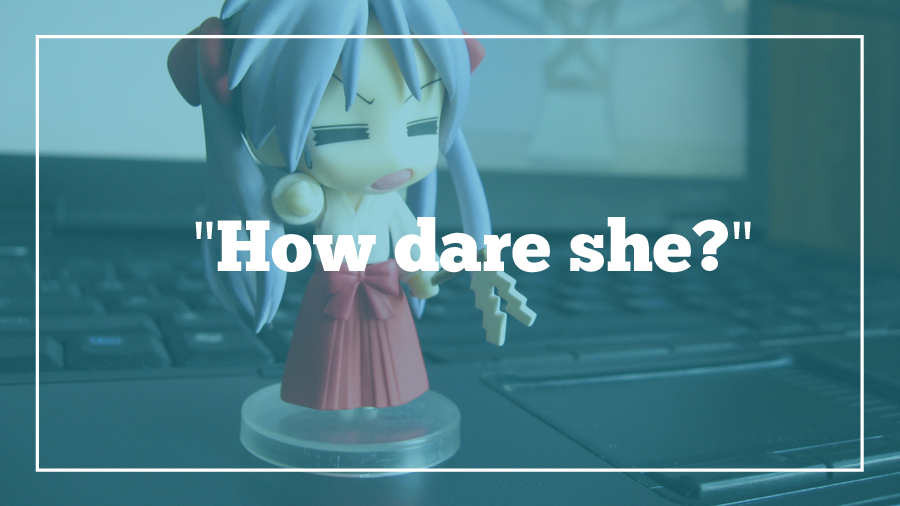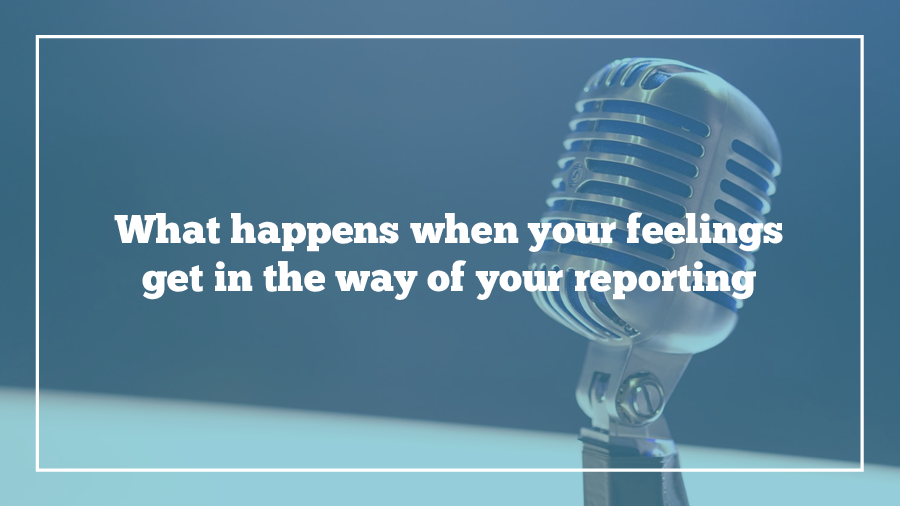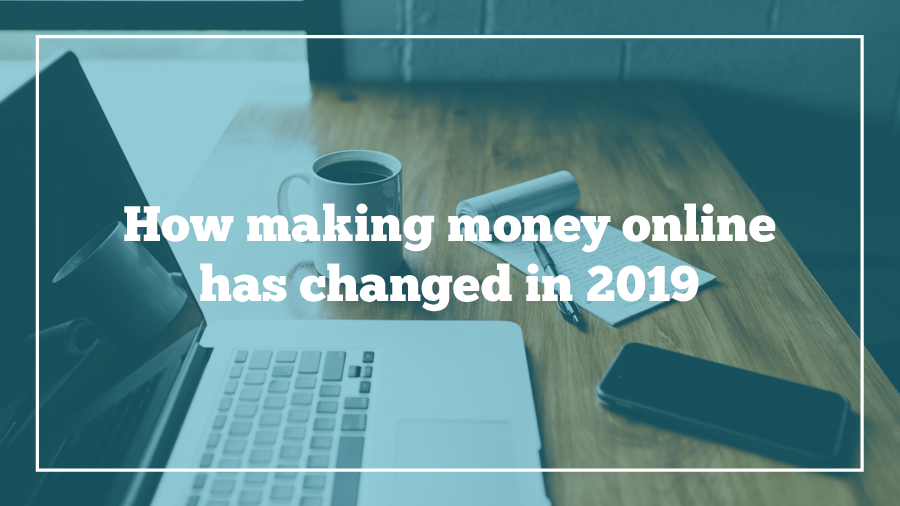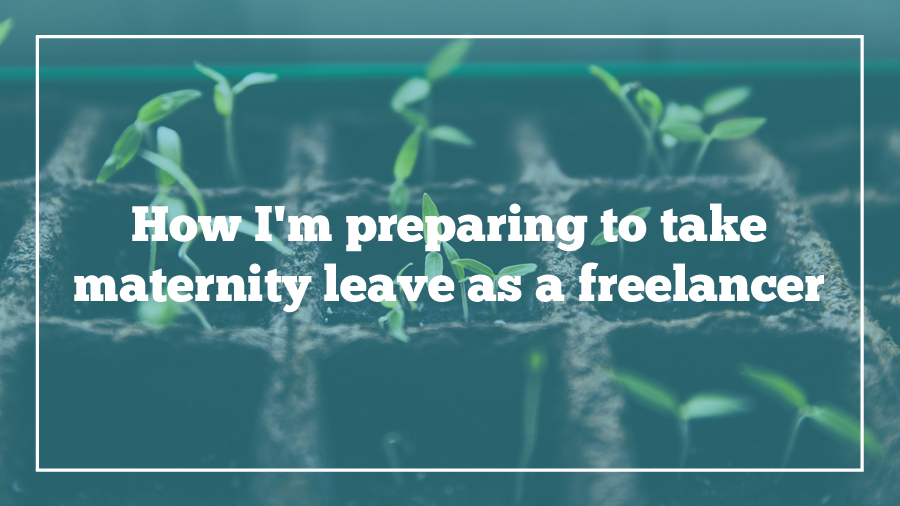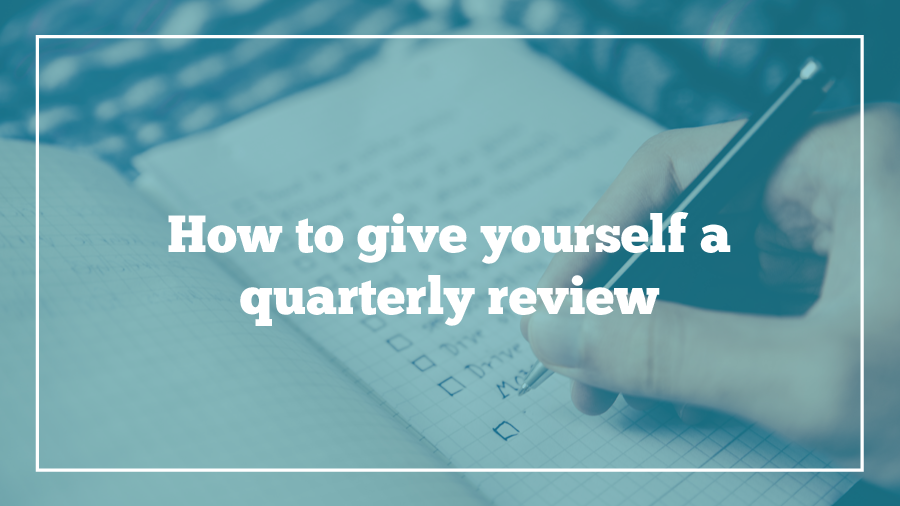
These slow summer days are the perfect time to put some juice back in your business. Whether you’ve got a side hustle or you’re a full-time freelancer like me, a business lull is a great opportunity to spend some time evaluating your progress and setting goals for the future.
Believe it or not, we’re already in Q3 of 2019 (according to the US freelance estimated tax schedule), and in September it’ll be time to put it on the books. That makes it a great time to assess how Q3 has gone and prepare goals for Q4.
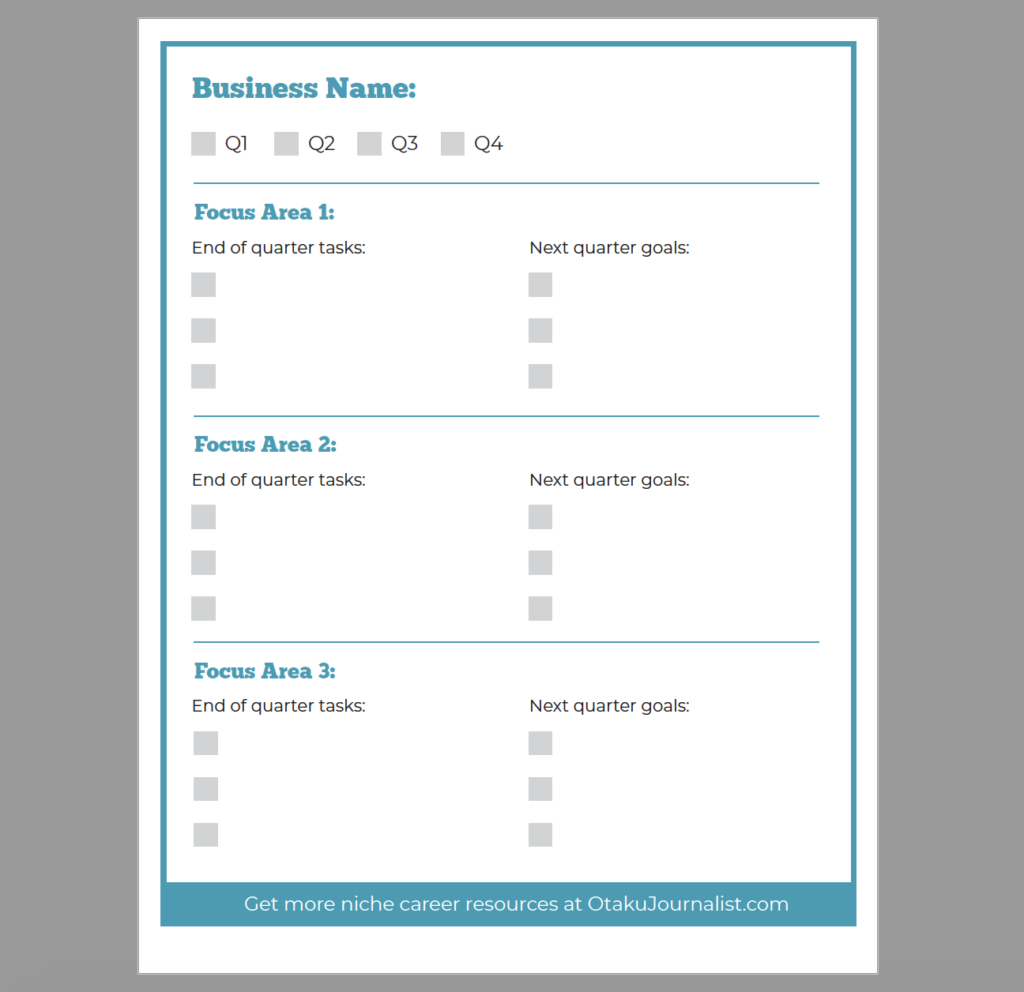
This week, I’ve created a worksheet to make this easier for you to do. I’ve made this resource flexible enough that you can redo the exercise every quarter!
Simply choose three main areas in your business that are ripe for improvement. Then, set immediate tasks for how you can improve them, plus long-term goals to track progress next quarter. Here are a few areas that I’d suggest focusing your worksheet on, plus some ideas for end of quarter tasks and next quarter goals:
Focus Area: Online Presence
End of Quarter Tasks:
- Update your LinkedIn profile.
- Rewrite and republish an old blog post.
- Request and download your Twitter archive.
Next Quarter Goals:
- Launch a newsletter.
- Write 1 new blog post per week.
- Download and use a time-tracker to make online time more productive.
Focus Area: Clients
End of Quarter Tasks:
- Check-in with an old client you haven’t heard from in a while.
- Track down any overdue invoices.
- Figure out which client you like best and how you can work for them more.
Next Quarter Goals:
- Find 2 new paying clients.
- Fire 1 current client who is more trouble than they’re worth.
- Prepare a holiday gift (or just a card) to send to each client in Q4.
Focus Area: Finances
End of Quarter Tasks:
- Update finance tracking spreadsheet or software.
- Calculate how much income you made this quarter.
- Make sure you have enough money for Q3 tax payment.
Next Quarter Goals:
- Make a new savings/debt repayment goal and start putting money into it.
- Start or contribute to a retirement fund.
- Set a new quarterly earnings goal and figure out how you can reach it.
Focus Area: Business Development
End of Quarter Tasks:
- Make a pie chart of different types of work you do. Are you satisfied with the breakdown?
- Brainstorm new types of income you can add to your business.
- Use your blog or social media to self-promote a recent business accomplishment.
Next Quarter Goals:
- Research and hire a virtual assistant.
- Begin working on a passive income stream.
- Invest in your business by learning a new tech skill.
I even filled it out myself—here’s how my version looks.
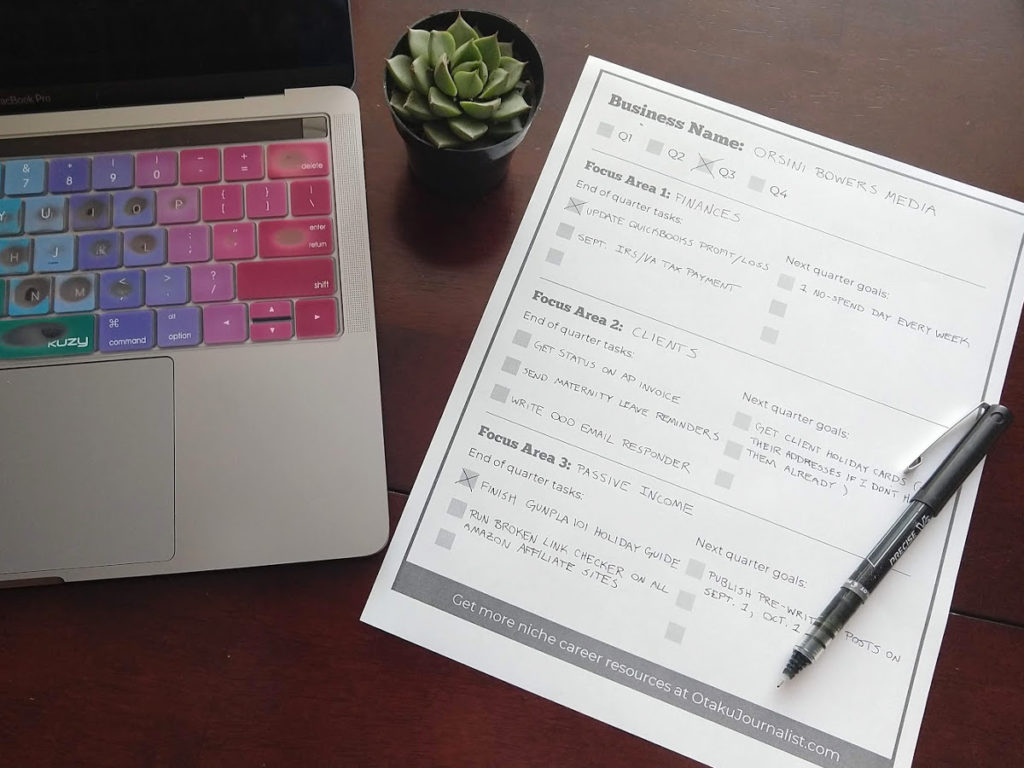
Like most self-employed people, I do all my work in a well-lit place with a succulent plant and this definitely wasn’t staged. Kidding of course. As you can see, it was pretty hard for me to come up with future goals right before I take two months off. If you’re comfortable with sharing, I’d love to see your review, too!
Here’s to a clarifying Q3 wrap-up, and for those of us not about to go on maternity leave, a strong Q4!
Top photo credit: Glenn Carstens-Peters on Unsplash.
